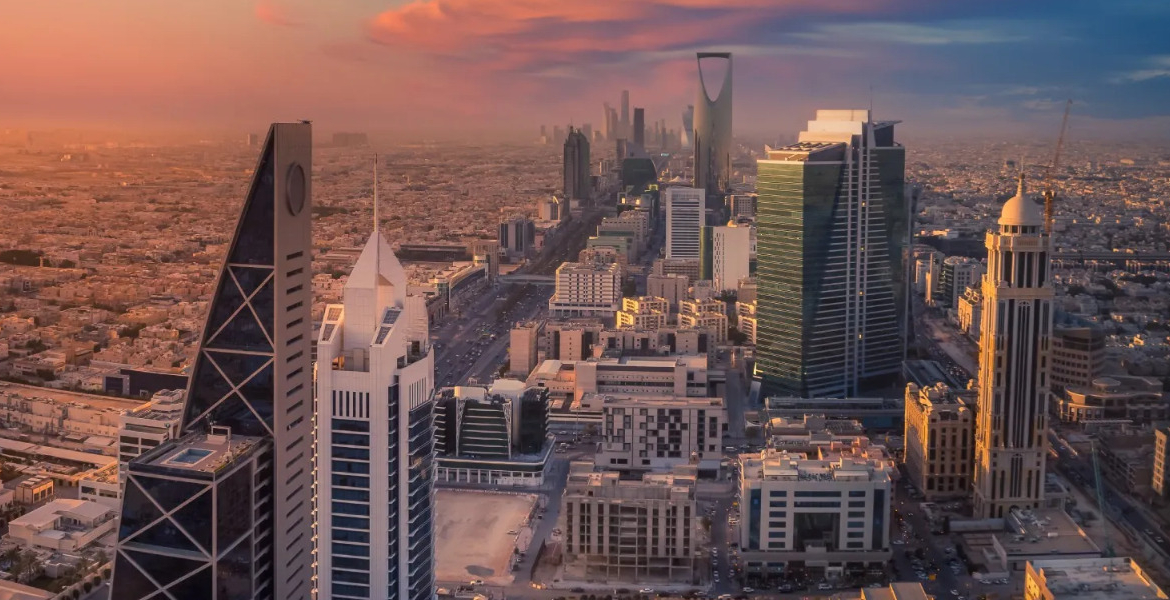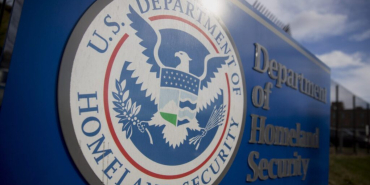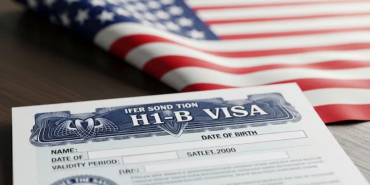How a Brave Girl Fled Saudi Arabia and Found Freedom in Canada

Rahaf Mohammed's audacious escape from Saudi Arabia in January 2019 spotlighted the severe restrictions imposed on women in the kingdom and sparked international debate over women's rights in authoritarian states.
Mohammed's story began in Ha'il, Saudi Arabia, where she was raised in a wealthy but traditionally conservative environment. From a young age, she experienced firsthand the limitations placed on Saudi women. By age nine, she was required to wear the abaya, a loose-fitting black robe, and by twelve, the niqab, a veil that covers the face, leaving only the eyes visible. These garments, presented as safeguards, became symbols of oppression for Mohammed, who saw them as tools that denied women control over their own bodies and identities.
Life under Saudi Arabia's strict social codes meant that freedoms considered commonplace elsewhere were unattainable for Mohammed. Simple acts such as laughing in public were frowned upon, interactions with male peers were forbidden, and activities like swimming were deemed inappropriate for girls past a certain age. The mutaween, or religious police, enforced these codes, perpetuating a culture where women were treated as objects of purity rather than as individuals with agency.
Growing up, Mohammed witnessed the limited opportunities afforded to women. Historically, teaching in girls' schools was virtually the only career path available. Although primary schools opened to women in 1955, and universities followed fifteen years later, substantial systemic barriers continued to prevent many women from achieving their ambitions.
Mohammed's resolve to escape solidified when she witnessed the severe repercussions faced by her sister, Reem, after attempting to flee. Reem's punishment included physical beatings and forced institutionalisation, where she was subjected to medication to suppress her rebellious thoughts. Determined to avoid a similar fate, Mohammed began planning her escape.
On December 31, 2018, while on a family trip to Kuwait, Mohammed saw an opportunity. She surreptitiously retrieved her passport from her brother's car and, with the aid of other Saudi women who had previously fled the country, booked a flight from Kuwait to Bangkok. On January 4, 2019, she slipped away from her family's hotel, destroyed her SIM card to avoid being tracked, and boarded a flight to Thailand.
Upon her arrival in Bangkok, Mohammed's journey took a precarious turn. Saudi authorities sought her deportation, but she refused to return. She barricaded herself in an airport hotel room and used social media to broadcast her plea for asylum. Her tweets gained international attention, prompting widespread condemnation of the Saudi government and calls for her protection. The United Nations High Commissioner for Refugees (UNHCR) intervened, granting Mohammed refugee status.
Amid growing global pressure, Canada offered her asylum. Days later, she arrived in Toronto, where she was met with support and relief. Since gaining her freedom, Mohammed has become a vocal advocate for women's rights in Saudi Arabia. Her memoir, "Rebel: My Escape from Saudi Arabia to Freedom," details her personal journey and the systemic oppression she endured. It serves as a testament to the courage of those who challenge injustice and sheds light on the plight of women living under restrictive regimes.
While she secured her own liberation, thousands of Saudi women continue to live under the constraints of guardianship laws, which require women to obtain permission from a male guardian, typically a father, husband, brother, or even son, to make crucial life decisions, including those related to travel, education, and healthcare. The guardianship system is rooted in a conservative interpretation of Islamic law and is often justified as a means of protecting women. However, critics argue that it infantilises women, depriving them of their autonomy and equal rights. The system perpetuates gender inequality and limits women's participation in public life.
In recent years, there have been some reforms aimed at easing the restrictions on women. In 2019, Saudi Arabia amended some aspects of the guardianship laws, allowing women to obtain passports and travel abroad without male permission. However, significant barriers remain, and the guardianship system continues to significantly affect women's lives.








Add new comment